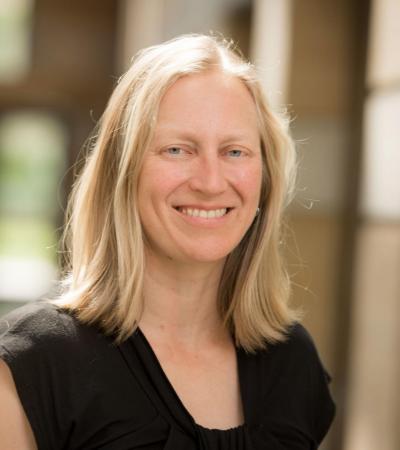Educating Youth in Northern Sierra Leone
Faculty Research Grant
This project is critical to enhancing peace-as-development. It was the youth who, after the war ended and left much of the country physically scarred and economically bereft, have been asked to bear the burden of “pushing the nation forward,” in the words of several of my interlocutors. At the same time, it was the youth—alienated, frustrated, and impoverished by state collapse—that formed the bulk of the RUF, and they therefore bear the brunt of their elders’ fears about a violent future. Parents worry constantly that if the employment situation does not improve, hordes of frustrated young people will instead engage in “the devil’s work” of crime and violence in order to make their living, as occurs when poverty pushes economically weak people to the margins (de Boeck, 2004:156). How can education create an alternative to marginalization that reincorporates them into the social body?
Bolten's research grant will be used to refine her questions and lay the groundwork for a larger study through an initial field research trip of several months duration in the summer of 2010. Bolten's co-investigator, Father Joe Turay, will conduct several additional months of research the following summer. The object is to have two successive years of data tracking the activities of “youth” and the interventions of elders in preparation for a larger project investigating how education can be better tailored to meet the needs of a country that is destabilizing as the population grows, food insecurity deepens, and unemployment rises steadily. Bolten and Father Turay will split the burden of work between investigations of unemployed “ghetto” youth, secondary school students, and politicians who enact policy to direct the youth (Bolten), and university students, “credential maniacs” and community and religious leaders (Father Turay.)






